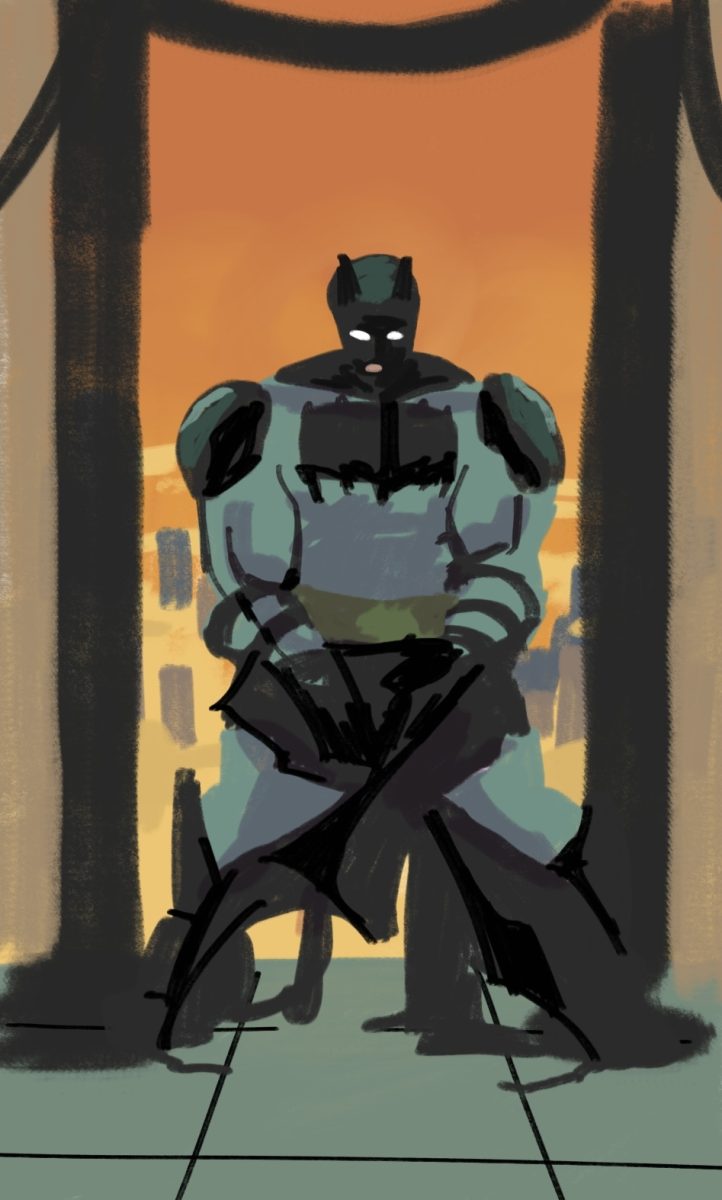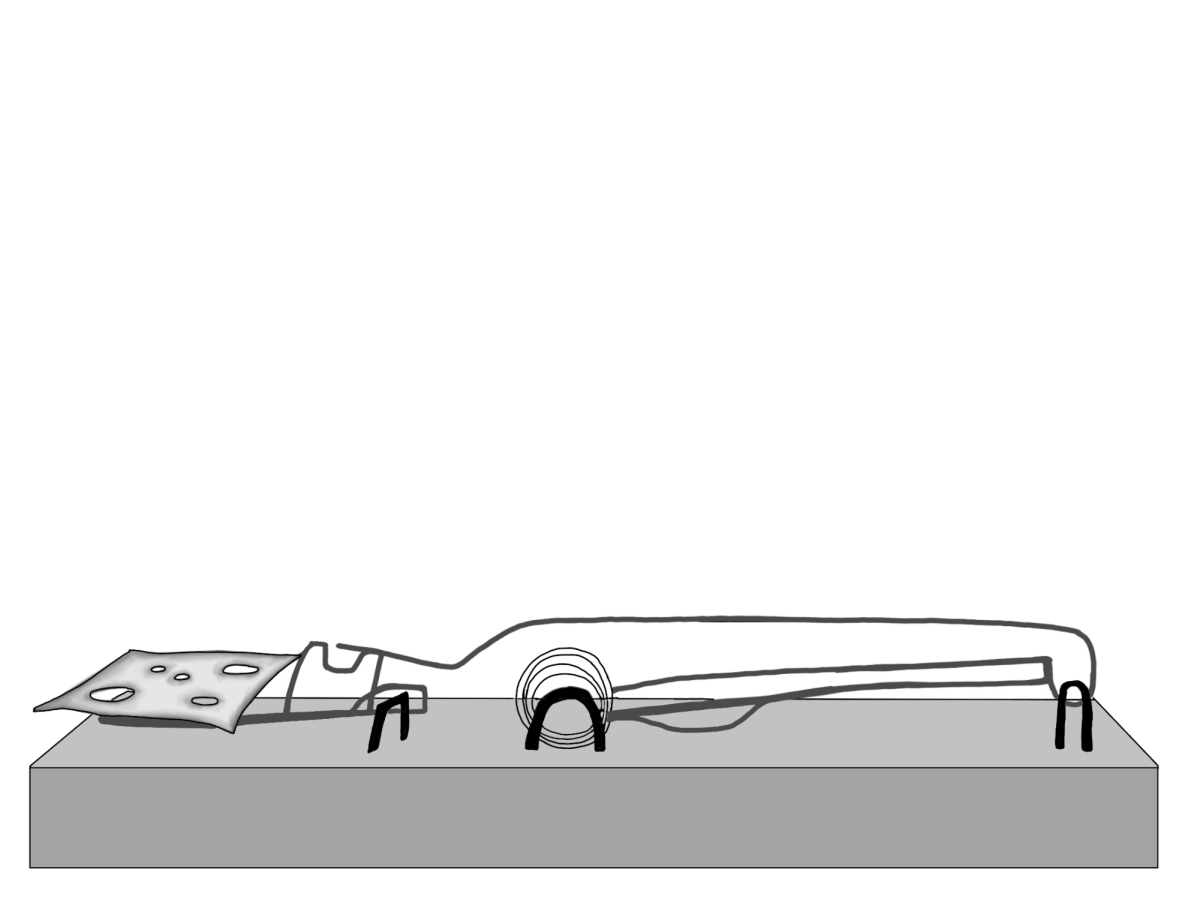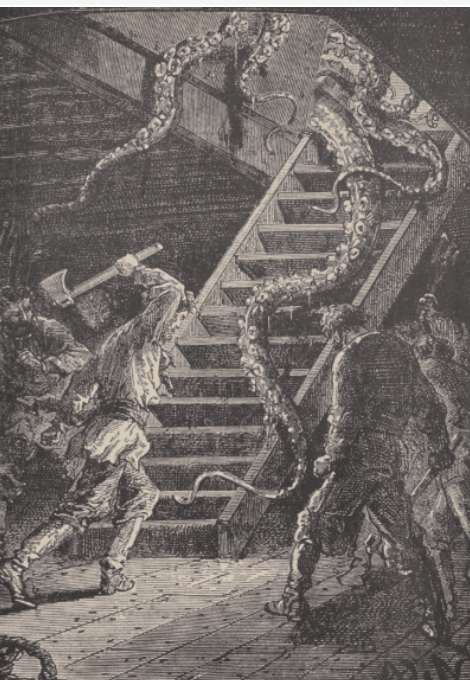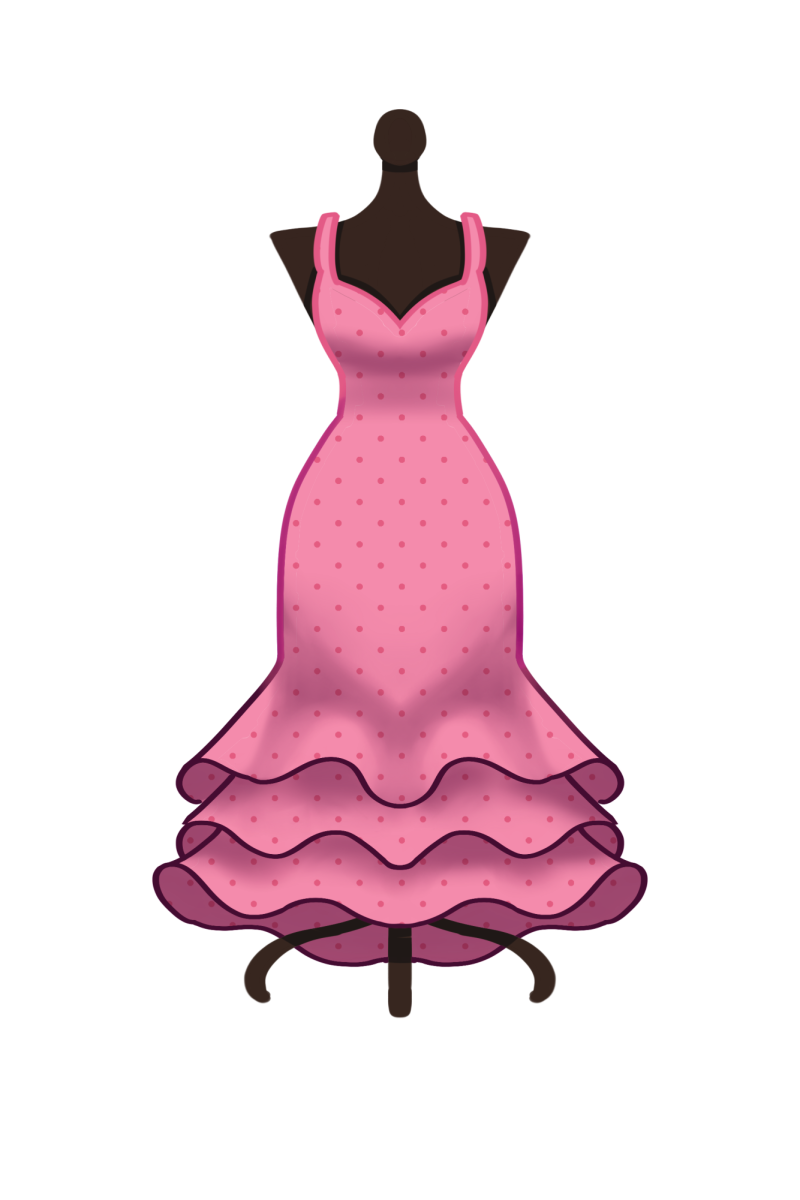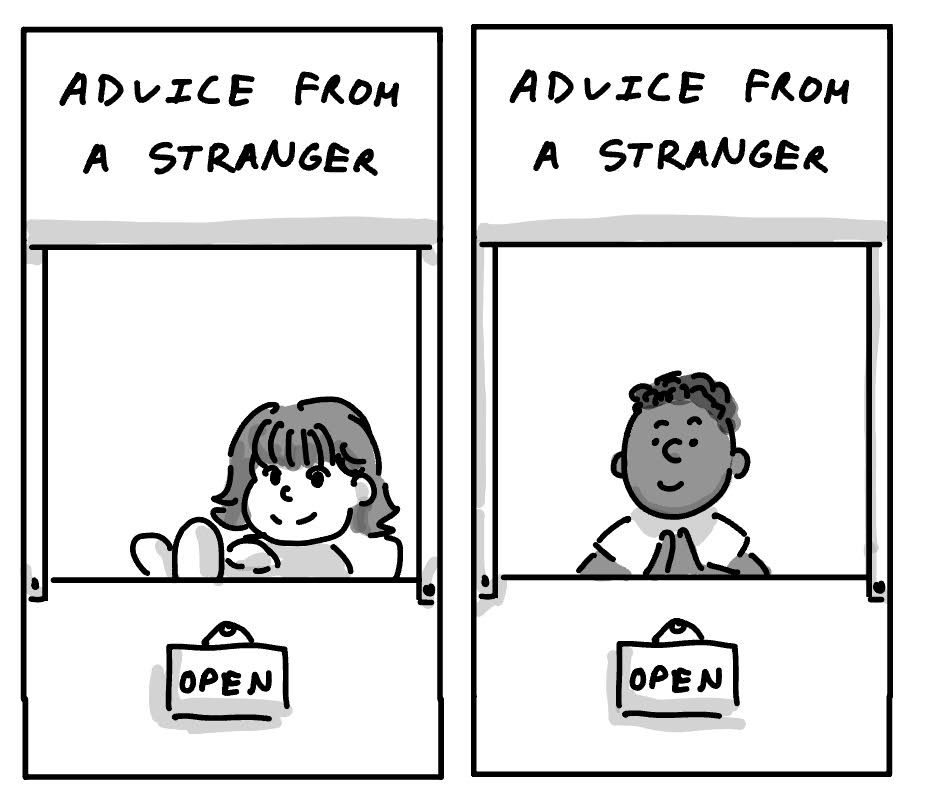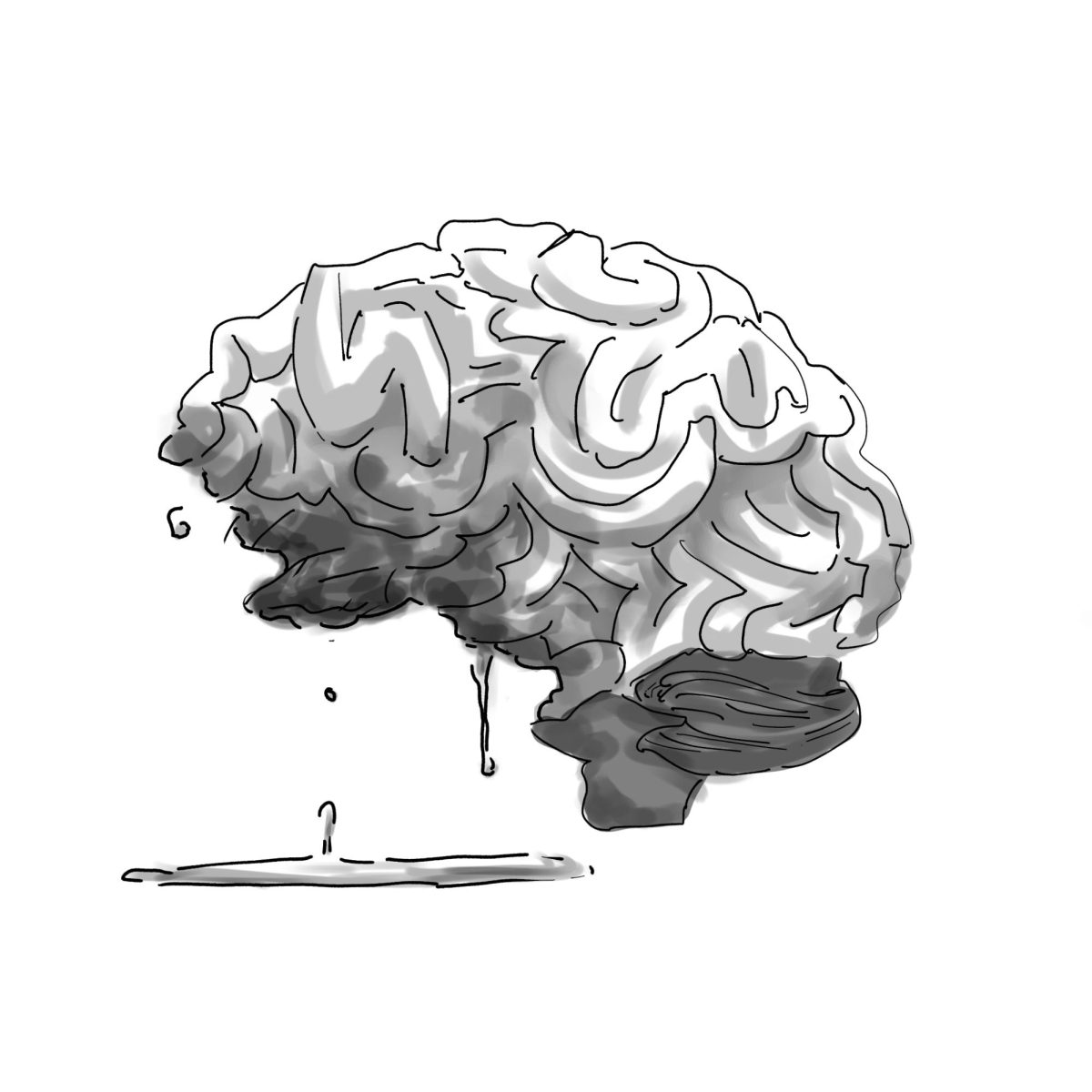There’s a clip of Family Guy on the top half of your phone screen, along with a satisfying kinetic sand cutting video on the bottom half. The two sides are separated with a text box labeled “Part 106.” You notice the unrelated caption that says “No problem! Here’s the information about the Mercedes CLR GTR:” followed by multiple paragraphs written by ChatGPT to pass through TikTok’s algorithm as educational content. What was just described is the quintessential “sludge content,” the rapid rise of which prompted Oxford to dub “brain rot” 2024’s Word of the Year.
Sludge content is the genre of short-form videos that aims to stimulate the audience as much as possible. The top half of the screen often contains the dominant content—the content the audio is attributed to—which is usually either a Reddit story (with questionable authenticity) read by an AI voiceover or a clip from a show/movie. The bottom half contains the supplementary content, often a satisfying ASMR clip or gameplay from a video game such as Subway Surfers. The accounts posting sludge content are usually fully automated by bots. “This is why people under the age of 25 should be banned from TikTok,” said Adam Faraj, ‘24. “[TikTok] [is] exploiting the minds of youth by shortening our attention span.” This belief that sludge content is “shortening” attention spans, particularly of the youth, is far from uncommon. The term “brain rot” itself indicates Gen Z’s awareness of the potential harms of sludge content, yet little is being done to combat it.
Sludge content isn’t the only form of brain rot; Skibidi Toilet, a web series amassing over 65 billion views, is probably the most infamous example. Created by Alexey Gerasimov and posted on his YouTube channel DaFuq!?Boom!, Skibidi Toilet is set in a futuristic dystopian universe that has been taken over by humans infected with the Skibidi virus, which turns everything except their heads into toilets (hence, Skibidi Toilets). The story follows the resistance and their war against the Skibidi Toilets. “Every episode is so bizarre, but also quite gripping, and as it goes on, it becomes almost emotional. It’s something compelling in a [trash]post’s clothing,” said writer Lucy Ford in an interview with Business Insider. However, the web series is still quite controversial, with many adults arguing that it encourages aggressive tendencies in children; it is reminiscent of the “video games cause violence” rhetoric that began in the 90s and early 2000s. Some also worry that the short length of episodes (ranging from 30 seconds to 2 minutes) further damages attention spans. Yet, these controversies only seem to stoke Gen Alpha’s love for Skibidi Toilet, as disapproval from adults often does. “At Target, Skibidi Toilet [toys] ha[ve] been one of our most popular items,” said Target employee Anthony Pu, ‘25. “Brain rot continues to spread.”

